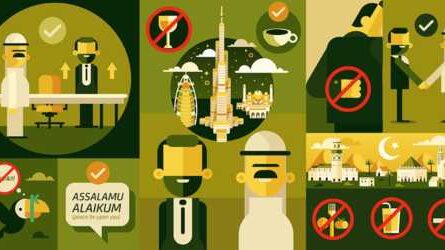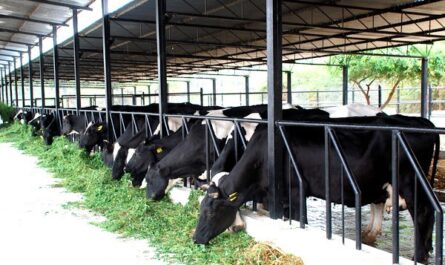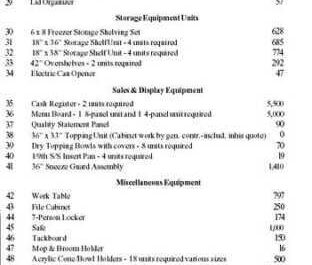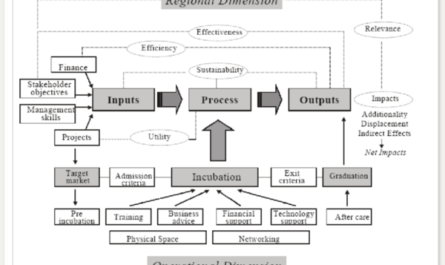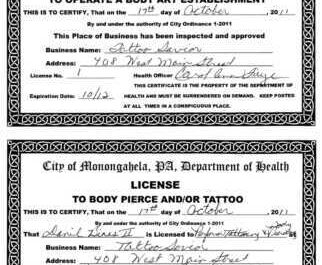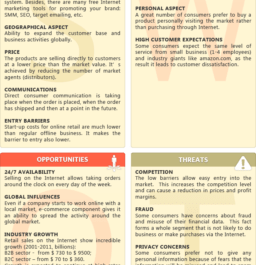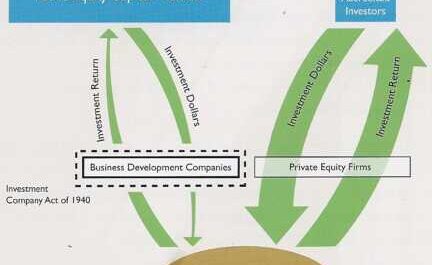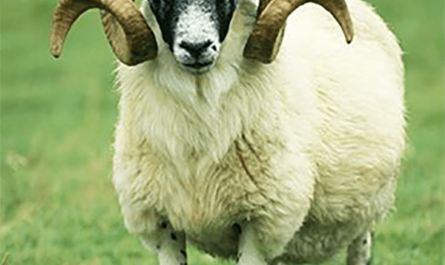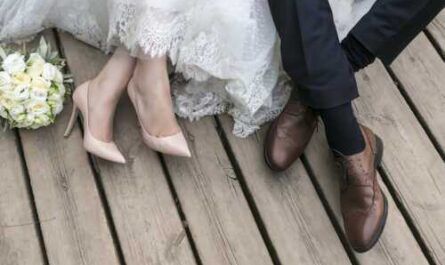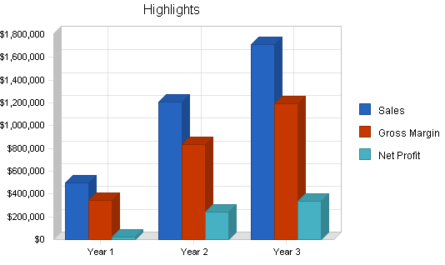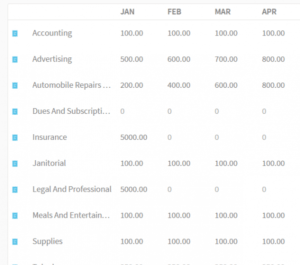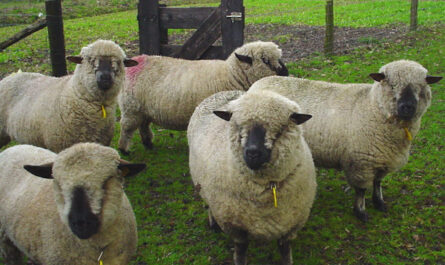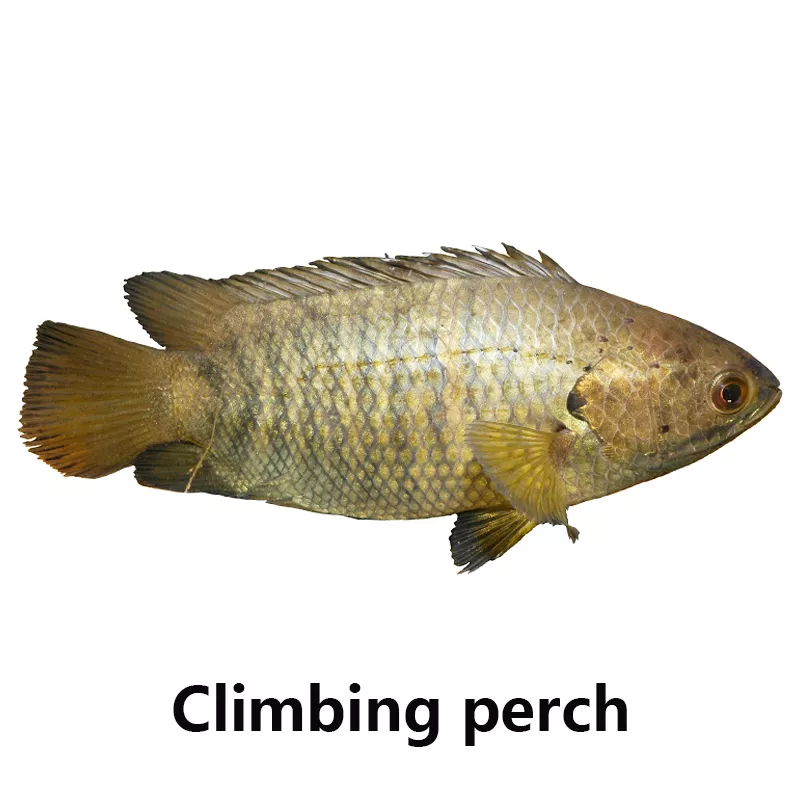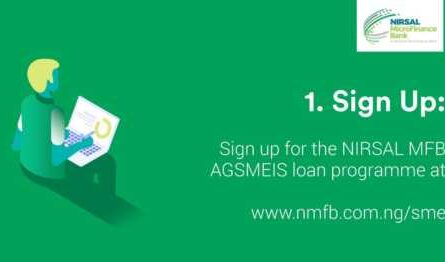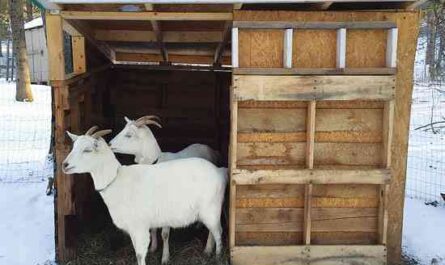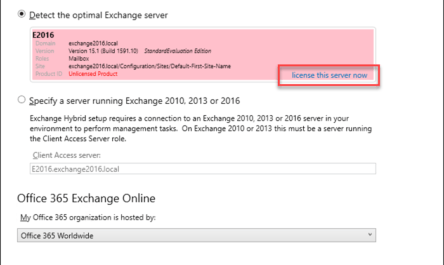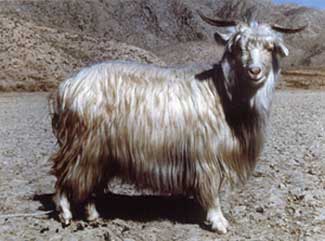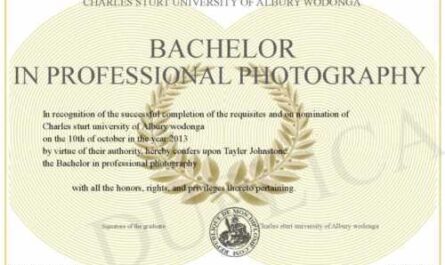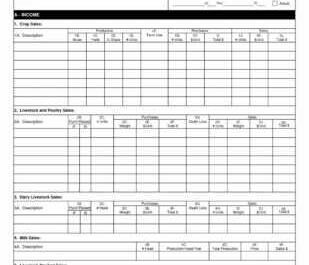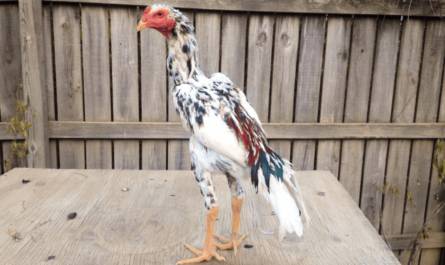Do you want to earn money as a freelance photographer? here are 21 foolproof tips to become a freelance photographer without experience or diploma.
There are a lot of people who have an innate passion for photography but are afraid to start a business with their passion for fear of not being accepted in our certification obsessed world. Let me say loud and clear here that there is no law or other requirement that you have to enter a course or even take an online tutorial before you can start a career as a freelance photographer.
Why become a freelance photographer?
In fact, there are many jobs where photographers choose not to hire someone with a degree, especially not a degree. in photography. These employers are franchises and studio portraits. These companies would prefer to provide the rigorous minimum training required to operate the equipment, pose and interact in person with customers, as well as a large amount of sales training.
Although you don’t need a degree to become a freelance photographer, you will need to understand how to run a business, including marketing, sales, accounting, legal requirements, and contracts, if you want to be successful in your business. .
Whether you have a graduate degree or not, you will be judged on your results, so you need to build a portfolio that not only looks good to you, but will also inspire your potential clients to want to make sure you are worthy of giving. . their a chance. This means you need to be able to manufacture on demand and to specification. And that, in turn, means that you have to be an expert in the technological craft of photography.
21 practical tips to become a freelance photographer with no experience
When you’re ready to start your photography business, follow these steps to make sure your business is up to legal requirements and doesn’t waste time and money as your business grows.
- Keep learning
To become a freelance photographer you need to have the knowledge, if you are already good at photography you can skip this or it will be your first stop. We are not saying that you have to register for a course at school to take this training. There are many study opportunities beyond attending a specialty school or college program.
With the advent of the Internet, you can go online to see what other photographers have to say about their profession. If you find this difficult / boring to read, there are actually countless videos and blogs out there on how to get started and working with your camera.
It’s great if you’re looking for reviews from people who have actually used the tool for a while. YouTube in particular is full of reviews, tips and disclaimers for photographers, browse popular channels for easy viewing of videos. And don’t forget to put into action what you have observed.
Again, a passion for a good book or an online portfolio will help you capture details in a creative, colorful and interesting way. They will inspire you and help you find niches you want to play with.
Going to seminars is another great way to learn. Seminars are especially useful for people who want to go to photography school but don’t want to commit to more than three years and spend tons of money. That’s not to say workshops aren’t expensive, but compare that to a certain extent and it’s quite beneficial. Workshops are not only good for networking, finding internships, and finding styles / niches you like.
Photographers love to talk about photography and usually congregate on forums. Whether you want honest feedback on your work, want to learn more about a particular style of photography, or ask a question about your camera, forums often have the answer. However, don’t always take what someone has said in the forum as gospel, it always helps to back up statements with additional research.
2 find a mentor
Mentors are a surprisingly forgotten way to get started in photography. The best you can have is someone to mentor you as you don’t have the option of getting your degree. Even if you have a degree in photography, you still need someone to show you your loyalty in real life.
There is no shortage of people willing to help someone along the way, you just need to find them. The internet is a treasure if you want to use it appropriately. But you need one or more people to actively guide you. Your mentor can give you knowledge about networking and real-life experiences that most educators cannot teach.
You need to connect with someone who is generous in their knowledge and who supports their style. A bad experience can cause you to sit at your desk all day, keep documents, and answer phone calls.
3. Build your portfolio
Every freelance photographer needs a strong portfolio to attract clients. When you are starting out, we encourage you to work for free to build your portfolio. You can also find local models looking for portraits for their portfolios, so you both can enjoy it. Once you’ve done a free job, you’ll need to post it on your website to start promoting your talent and skills.
4. Make a business plan
A well-designed and written business plan is a step in the right direction to start your own freelance photography business. Some important things to consider are your upfront costs, your target market, and how long it will take to break even.
5. Creation of a legal entity
By setting up your business as a legal entity, you can avoid personal liability if your photography business is sued.
6. Registration for taxes: In the United States, you will need to register for various state and federal taxes before you can start a business.
7. Open an account with a commercial bank
Never merge the accounts of your businesses and individuals. When you start your business, make sure you have a checking account dedicated to your photography business as it keeps your finances organized and makes your business more professional for your clients.
8. Obtaining the necessary permits and licenses
Failure to obtain the required permits and licenses can result in huge fines or even lead to your business shutting down.
9. Get business insurance. Getting an insurance plan for your business is highly recommended for people who own a business. If you are hiring employees, workers’ compensation insurance may be a legal requirement in your state.
10. Be clear about your brand: Your brand is the unique selling point of your business, as well as how your business is viewed by the general public. A strong brand will help your business stand out from the competition.
11. Creation of a website
A professional website is essential for a freelance photographer because it allows clients to learn more about your business and the services you offer. You can also use social media to attract new clients or clients, as a freelance photographer you will need a professional photography website to showcase your work and market your photography business.
But your site can be more than just a portfolio. You can also use your website to communicate with customers, schedule sessions, manage your orders, and even deliver finished work. Create a blog and write regularly to attract new customers. Blogs also help your site visitors become customers by informing them about your work and helping them trust you as a professional.
12. Start online
Studying, reading and reviewing the work and words of a photographer is very important, but you also have to go out on the streets and online. Contacts and referrals allow you to acquire valuable skills and, if you want to earn money, gain clients. Networking is all about who you need to know and how you are going to build long term relationships with them.
You are your brand that makes you a famous person, not just a photographer. get repeat customers. In fact, reliable networking is far more important than a degree because you are more likely to receive your first contracts from friends that you have already signed.
13. Take to the road
Travel is the way for a person to discover a new horizon. It will help you see life and your profession in a new light.
Traveling can help you learn how to talk to people, live on a budget, and run an LLC. You will also build connections that will bring tremendous value to your business. That doesn’t mean you should pack your bags and hit the road tomorrow, but you should get out and see the world if you can; You never know what kind of relationships you can make.
14. Learn from your mistakes
A rule in photography is that quantity breeds quality; this is even more true with digital photography. The more you shoot, the more chance you have of getting that iconic shot. Knowing every technical detail doesn’t make you a good photographer or a good photographer, but learning from failure does. Sometimes the best shots appear out of nowhere, and it’s usually the product of constant practice.
You can take fifty photography classes, read each book about lighting and exposure, and talk about it all day – but photographing is something that lets you unleash your natural style and skills. Nothing can help you more than experience – so take your camera with you and take something of interest from a distance.
As hundreds of photos are created on your system, you will see what needs improvement and where you are good at. It’s good if you think about your trial and error ahead of time so you can look back and see how far you have come.
15. use the tools you have
… The aspiring freelance photographer can be very tiring and you might not have enough money to get everything you need right now. The trick is to use whatever you have. If you just have a really good phone, you can start with it.
The best camera in the world is the one you own, so you need to find ways to use it effectively. You shouldn’t mind, as there are expensive cameras out there that take bad photos. It all depends on what you know and how you manage what you have.
16. Keep track of your finances
When you work for someone else, your pay is guaranteed; But becoming a freelance photographer and suddenly being responsible for your own salary can be a bit scary. If you have a good handle on the income and expenses of your photography business, you can get rid of many of these fears.
We recommend that you separate your personal / family expenses from your business expenses and pay yourself certain expenses. salary. This way you will know exactly how much money you have left to invest in your business and you will not be tempted to make such purchases out of pocket.
17. Be more daring
Shooting in the streets and approaching strangers takes a certain courage. Don’t be shy, just do it. You are a photographer – ask questions and direct people. If you want to be a successful freelance writer, you need to show potential clients that you can do the work they need with confidence.
People will do whatever you want as long as you show them respect. Then you can get whatever you want – a good photo. Before you can have a good image, you first need to get people to trust you and be comfortable with you. Otherwise, your prospects will end up looking awkward and uncomfortable.
It’s not easy, but self-confidence is the most important tool to support you. You’re gonna fuck yourself sometimes, but screwing up is good. It means you are learning. Just try not to make the same mistakes twice.
18. Look for comments
Feedback is very important when trying to learn a new skill on your own – so gather some honest friends and get them to review your work. Keep in mind that they may not have any knowledge of photography techniques or styles, but ask them to tell you which ones they like and which they don’t. You will likely have some good points to consider based on their opinions, and this is a good opportunity to relate that to how your potential clients might rate your work.
20. Enter the photo contest
Photo contests are another great way to get feedback on your work if you’re struggling to get reviews from other sources. Some photography competitions can also have quite large cash prizes, so if you want to make money with your photos, this might be your chance.
But, beware – many photography contests are more of a paying program for the host rather than a legal way to celebrate talent – look for the accompaniment and pay no more than $ 30 or $ 40 to enter.
20. Find your niche
It is important to remember when teaching photography, but do not copy. Of course, you can look at someone else’s work and admire it, but don’t try to mirror others in great detail. The best way to develop your style is to keep taking photos – take as much as possible, as much as possible, until you get the hang of it. strong>
Until you decide to open a home office, your overhead costs should be pretty low. The items you need to budget include:
- Website maintenance from $ 100 to $ 1200 per year
- Accounting software up to $ 300 per year
- Editing software (You can use Adobe Photoshop Lightroom and the preinstalled SLR Lounge Lightroom system.) $ 48 to $ 150 per year
- Business insurance
- Dropbox or other file sharing software
- Flash . You will need multiple devices for spaces of different sizes.
- Fuel cost
- Promotional material
- Payroll taxes and payroll taxes engage photographers on a freelance basis to reduce insurance risks and labor costs.
Like most start-ups, the profits don’t start coming right away. It may take one to three years for things to stabilize and for large and stable profits to gain momentum. Considering the low overhead costs, profits increase exponentially for every freelance writer / employee you add to your team.
The essential tools a freelance photographer should have
Independent photography includes many great shots. In fact, one of the biggest hurdles that freelance photographers face is the expensive nature of the equipment needed to get quality footage, but as a beginner you may not have targeted this equipment yet. very expensive.
You can start with the cheapest ones that wait when you can afford the rest. But you have to stress that building up your arsenal is absolutely necessary if you want to get great gigs. Some of the equipment you need to get started include:
- Digital camera
Your camera is one of the basic gadgets that you would love to need as a freelance photographer. After all, who is a photographer without a camera? You have to do your best to get a single lens digital SLR camera, which has largely replaced traditional film cameras in most forms of photography.
This camera is convenient for shooting, performs well in low light, and images are faster to create and edit. Your first purchase should be a DSLR camera body, which can cost anywhere from $ 3,000 to $ 8,000 and up. As you progress in your career, consider purchasing a medium format camera to capture images at 50 megapixels or more.
Independent photographers need a wide range of lenses, from 30mm for wide angle shots to 300mm zoom if the model is at a distance. Swimwear and fashion photographers also use telephoto lenses from 400mm to 600mm. Soft focus lenses create a halo effect. These lenses are great for giving portraits a vivid look.
- Lightning equipment
For studio photography you will need an assortment of studio fixtures such as photo projectors, tungsten halogen bulbs, and incandescent bulbs. These lamps are essential for the correct lighting of fashion items. Many of these lights can be used in conjunction with a flash or flash. For photographers on the go, a built-in strobe is usually sufficient to capture any image. You may need the following lighting equipment:
- Beauty dishes : Typical of beauty and fashion photography, beauty dishes fall between hard and soft lighting modifiers. It makes the skin shine wonderfully.
- Giant Umbrellas: These are a very popular choice for freelance photography. Although the cosmetic dish is limited in its distribution, giant reflectors can be used on their own due to their size. Here, the light distribution is very even, which makes it ideal for photographing full-length models and for accurately representing details and colors in clothing, which is very important in photography, especially in commercial work.
- Scrims: These are used to diffuse intense light outdoors, but are also great for that commercial, bright studio shot. Mesh is more specific than other light modifiers and requires more effort to set up and shoot.
- Octabanks: These light sources can be used for fashion, beauty or portrait photography. There is a nice even texture for highlights and shadows. And unlike rectangular or rectangular softboxes, the octabank shape creates a rounder, more beautiful gradient in the background when used without a background fill.
Post-production knowledge and equipment
The freelance photographer must be able to edit his own photos after each shot. This is a condition that will make you successful. Post-production work consists of color grading, cropping, special effects, and other creative manipulations to get the image you want, and this is usually done in Photoshop.
A computer with a calibrated high resolution monitor is required. as well as a large hard drive for storing large digital files. Freelance photographers who want to print their own images may consider setting up a digital workflow with a printer and scanner.
In conclusion, while you may not need a degree to become a freelance photographer, know that your path to success will be exhausting. You’ll need to spend three times as much time learning the intricacies of the profession, and it can even make you busier than anyone in college.
You should also know that even with all of your activity and dedication, I can never guarantee that you will. But again, there is no indication that you wouldn’t. You have to study hard, give your best, sharpen your passion, and see where it takes you.

